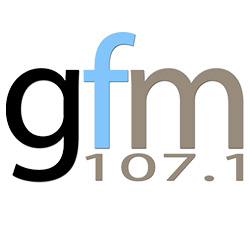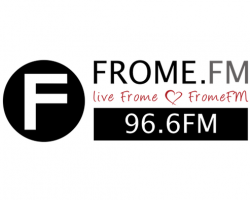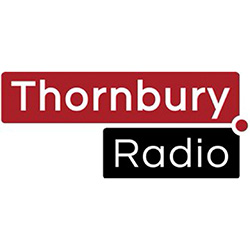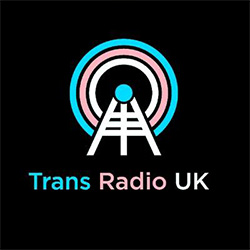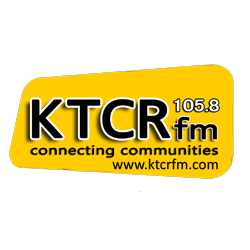
13/06/2024
Philadelphia Gay News reports that five professional associations regulating licensed therapy and health practitioners in the state have formally adopted policies that oppose the use of conversion therapies, which the paper notes are "pseudoscientific practice of attempting to change a person’s sexuality or gender identity to comply with cisnormative and heteronormative standards." “This was a team effort,” said Ann Marie Frakes, executive director of the Pennsylvania Psychological Association — the professional association for psychologists in the state. She underlined that professionals from each of these fields worked together to make these changes possible. Despite the professional boards resolutions, there is a problem with unlicensed practitioners offering conversion therapies in the state, with some two hundred and fifty identified by ever vigilant LGBTQIA advocacy groups. A 2022 report by the Trevor Project notes that 16% of LGBTQ+ youth in Pennsylvania have been threatened with conversion therapy or have experienced conversion therapy. According to additional research, LGBTQ+ youth who underwent conversion therapy were more than twice as likely to report having attempted suicide and more than 2.5 times as likely to report multiple suicide attempts in the past year. Conversion therapy is abusive, ill considered and doomed to failure, but quackery persists especially in the US's often unregulated medical sphere and where religious extremists peddle all manner of snake oil treatments. Those who practice conversion therapy don’t often use the term — likely because they know it’s so controversial and want to evade detection. Their practices tend to refer to conversion therapy as reparative therapy, or sexuality counseling. “There are code words that [the Trevor Project and other watchdogs] are looking for in people’s descriptions of the services that they provide, in the words that they use when they make presentations to the public, and when they begin communicating with their patients and their families,” said Frakes, underlining that the public can keep an eye out for these signals too. Some providers might make communication about conversion therapy practices more private, making it difficult for concerned community members to recognize or report potential violations. But it’s still important to stay vigilant.





